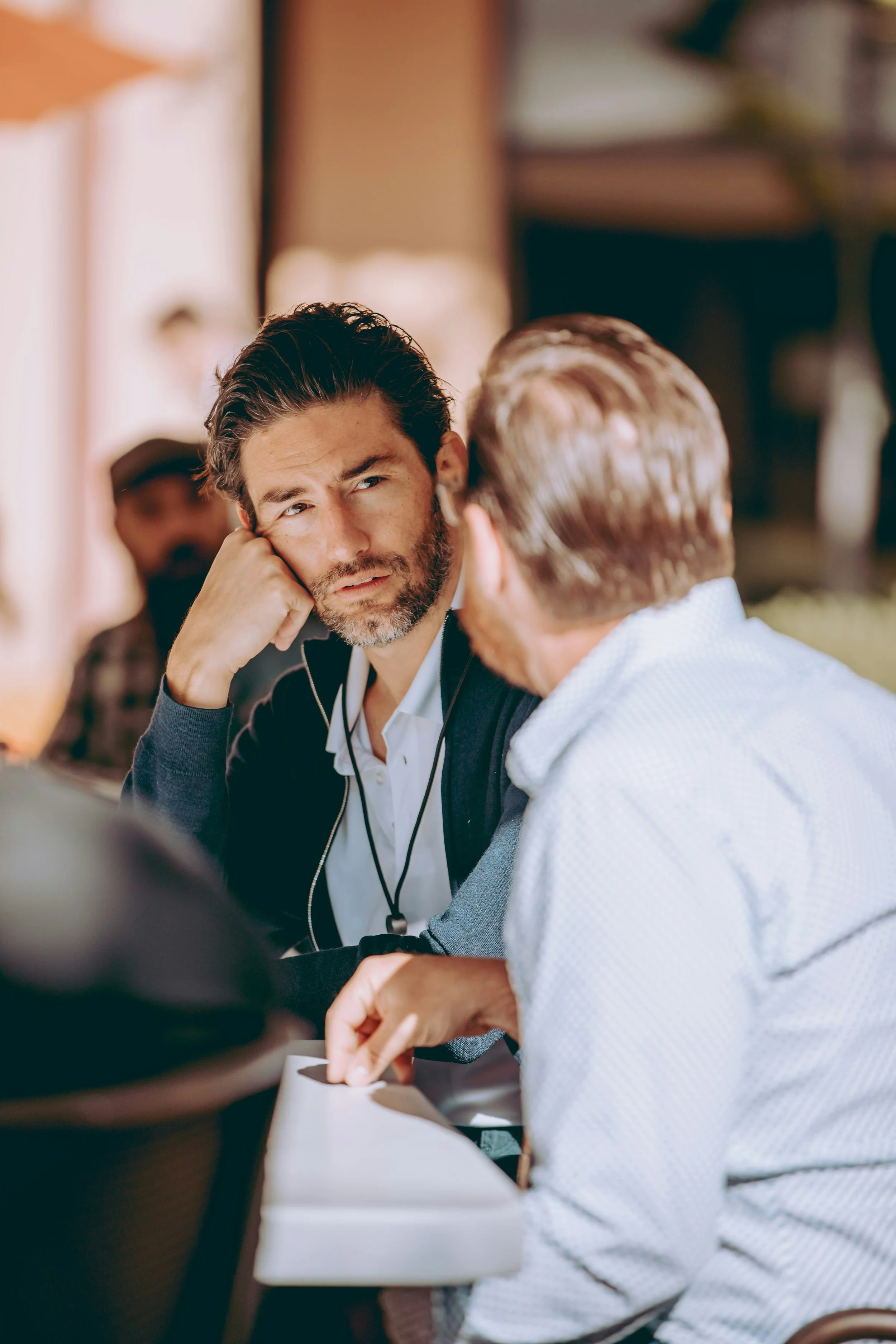Many people expect that a steady, responsive, emotionally available partner will automatically feel calming. Instead, many people feel tense or suspicious when someone shows up in a genuinely healthy way. This isn’t a personality flaw, it’s a predictable attachment and nervous system response. So why is this?
Sentiment Override
My bag only gets stuck on the door handle when I’m having a bad day. Everyone is super annoying when I’m grumpy. My friend’s irritating boyfriend breathes too loudly. When I’m feeling happy it’s easier to find joy in the smaller everyday moments. Does my inner monologue resonate with you?
Beyond the Surface
Emotional safety is the core foundation in relationships. It’s vital for building trust, vulnerability and intentional connection. This foundation allows you to show up authentically in your relationships, and it also allows you to do so without fear of being judged or rejected.
Really Hearing Each Other
When most couples are in conflict, they often get stuck in a cycle of trying to win, rather than trying to understand each other. The fight escalates because we don’t feel heard. And when we don’t feel heard, we protect ourselves, by defending, explaining, or shutting down.
Togetherness and Separateness
In therapy, I frequently work with couples who have focused on togetherness and might have neglected separateness, or vice versa. We can spend so much time and energy strengthening our relationships that our own individuation can get neglected. Here’s some of what I’ve learned from working with couples
Relationship Changes: How to Adapt
In all relationships, life occurs, and shifts happen outside of and inside the couple unit. As much as we may want to protect our relationship bubble from outside influences, we are not immune to the climate around us. If we expect to be the same people, with the same life, and the same experiences throughout a long-term relationship, we are actually setting ourselves up to be especially vulnerable to the impact of both external pressures and internal change. Change will happen. The adage of change being the only constant is especially true when navigating relationship changes. So how do we navigate them together, instead of growing apart?
Why We Misread Each Other
We all come into new relationships with our own biases and blind spots. These can come from our childhoods, our past relationships, our internal worlds, and some many other areas. We usually have varying degrees of awareness about what these are and where they come from. The cruel irony is that we are often so fearful about recreating patterns and experiencing similar painful dynamics that we inadvertently become even more primed to notice and overinflate these characteristics. This psychological bias in relationships can skew our perceptions and lead us to misread signals.
Self-Awareness in Relationships
Self-awareness in relationships allows us to take ownership of our experience - not just what happened, but how we’re interpreting it.
15 Traits of Successful Couples
While every couple is unique, the happiest and most connected ones share key habits that keep their love strong. Here are 15 simple but powerful traits that can help you and your partner build a relationship that feels safe, joyful, and deeply fulfilling.














